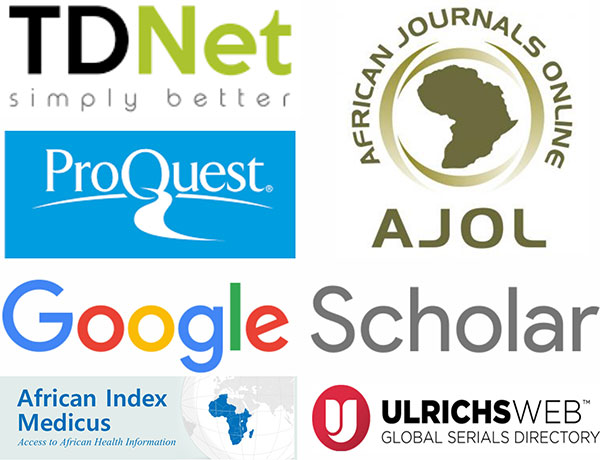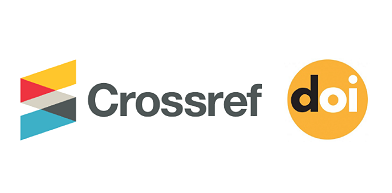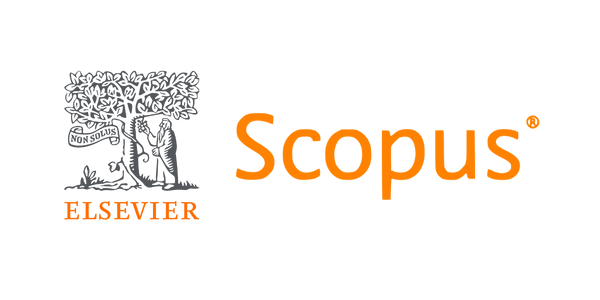Breast Cancer Awareness and Screening Practices: A Cross - Sectional Assessment Among Women of Reproductive Age at General Out-Patient Clinic of a Secondary Health Institution in South-South Nigeria
DOI:
https://doi.org/10.61386/imj.v18i4.802Keywords:
Awareness and screening practices, breast cancer, child bearing age women, South-South NigeriaAbstract
Breast cancer remains a leading cause of mortality among women globally especially women of child bearing age in low and medium income countries thereby constituting serious public health concern. Awareness and screening practices for early detection and prompt intervention is of immense benefit.
Objective: This study was done to assess the level of awareness and screening practices for breast cancer among women of child bearing age who presented at the General Outpatient Clinic (GOPC) of a secondary health facility in south-south Nigeria.
Materials and Methods: It was a cross-sectional study done among 168 women of child bearing age selected conveniently at the GOPC of General Hospital, Ikot Ekpene, Akwa Ibom State, South South Nigeria. Data were obtained using interviewer-administered questionnaire and analysed with EPI-INFO Version 3.1
Results: Majority of the respondents, 73.81%, had heard of breast cancer and their source of information was mostly from health workers, 72.02%. On screening practices, only 9.52% and 7.74% had ever done self-breast examination (SBE) and radiological screening, mammography, respectively. Breast self-examination was significantly associated with age (P=0.001), educational status (P=0.01), marital status (P=0.001) and parity (P=0.01).
Conclusion: While the awareness of breast cancer was high, screening practices for early detection and prompt treatment was poor. This calls for a more intense public awareness sensitization on the existence of breast cancer and the imperative of screening for early detection. Moreover, considering the cost implication of mammography, it is recommended that this modality of screening should be highly subsidized or made free for the population at risk, especially at the low income setting.
Downloads
Published
License
Copyright (c) 2025 Iyanam VE, Bassey EU, Akpanudo EI, Jombo HE, Udoh SB, Idung AU

This work is licensed under a Creative Commons Attribution 4.0 International License.










